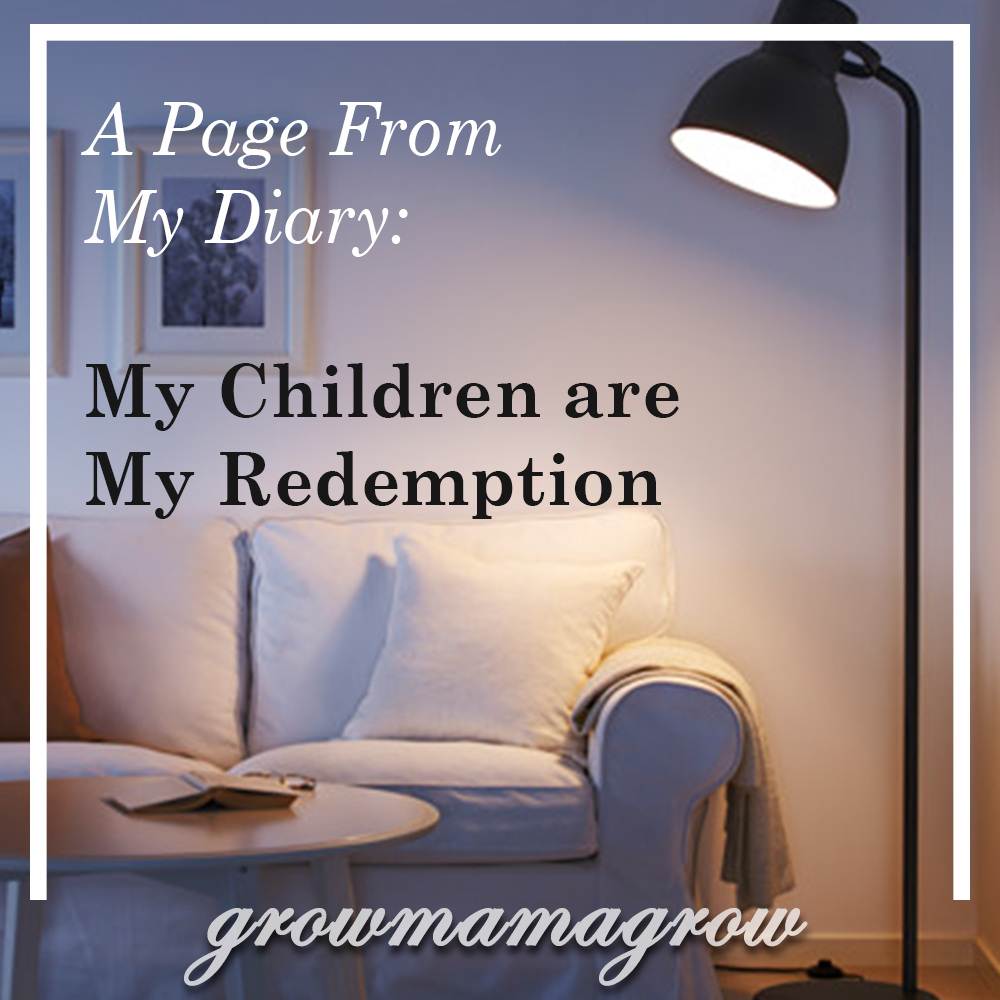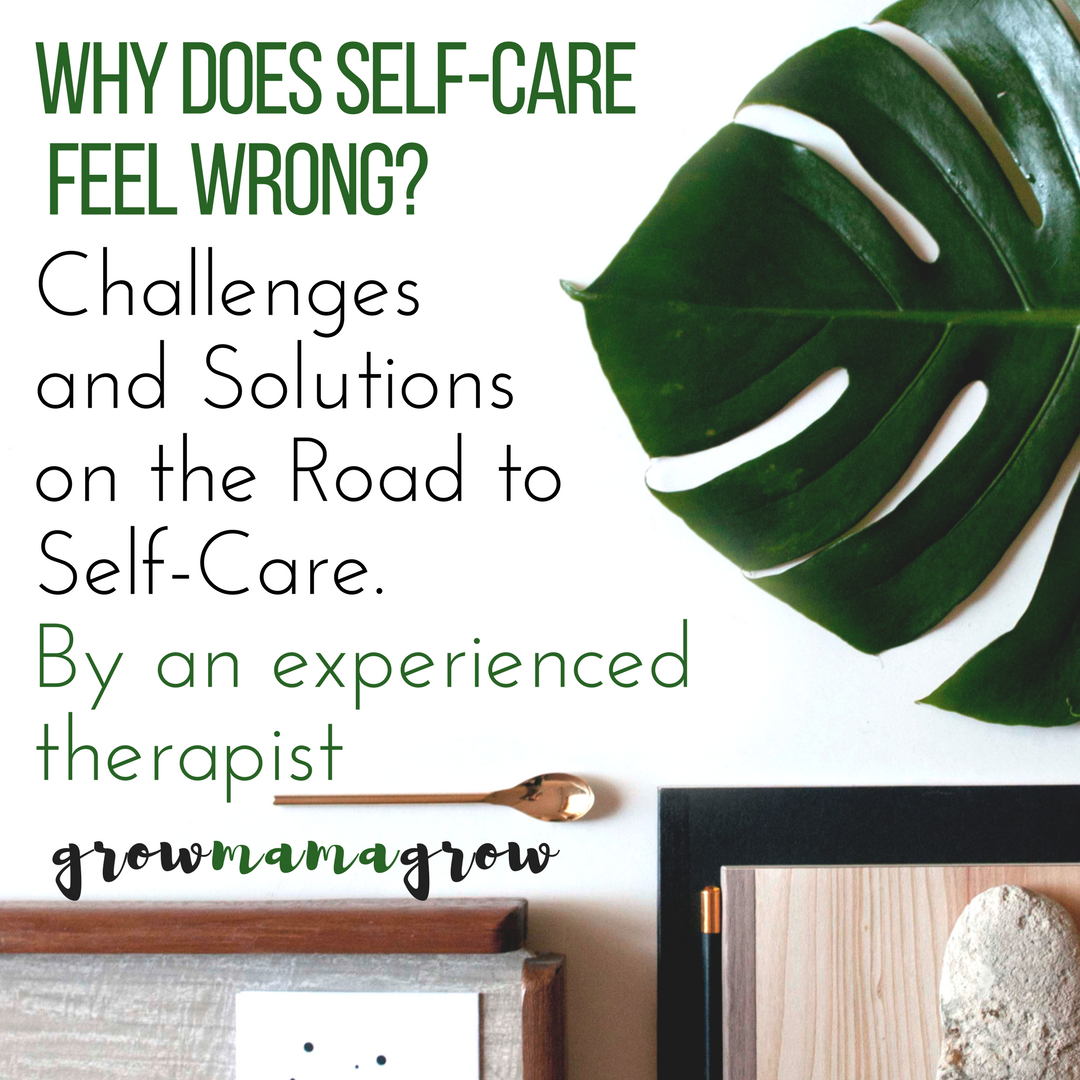
I recently returned from a wedding where, for the first time, I made some observations from the lens of a mother. The groom was busy enjoying time with his bride, as usual, while his mom gracefully stood aside. After some time, he left to go to the men’s party when his mother noticed he had forgotten to eat his meal. So she picked up his plate and ran after him, heals, ball gown, and all. It hit me. All too often, we overlook the fact that even though we may let our connection and consideration of our parents weaken with time, their connection to us remains as strong as ever. Why is it that I see so many parent-child relationships where the adult-children are heedless of their parents’ needs? For a long, now forgotten (to us) time, our parents ate our leftovers, put us ahead of their desires, spent money on our education, and cared for our emotional needs at the detriment of their own. As a result, I believe many of us now show the symptoms of selfishness that we learned as a byproduct of their selflessness. This imbalance in the parent-child relationship is even addressed in the Quran, which exhorts children to be dutiful to their parents more than the reverse. And, where in the description of the relationship between Luqmaan and his son, it says:
“And (remember) when Luqman said to his son when he was advising him: “O my son! Join not in worship others with Allah. Verily! Joining others in worship with Allah is a great Zulm (wrong) indeed. And We have enjoined on man (to be dutiful and good) to his parents. His mother bore him in weakness and hardship upon weakness and hardship, and his weaning is in two years give thanks to Me and to your parents, unto Me is the final destination.” (31:14)
In the description of Luqmaan’s relationship to his child, we have a direct quote of Luqmaan’s speech and advice. This signifies that parents will always advise their children about what’s in the child’s best interest. In the description of the son’s response to his father, the Quran interjects with a command that the child be dutiful and good to his parents. It’s as if to remind us, as the children, of our responsibility to a relationship that is too-often neglected.
On the flip side, I also know that a new struggle with your child emerges with each year of parenthood. At first, your role mainly requires meeting basic needs and overcoming sleep deprivation. In this phase, you at least have the satisfaction and joy you get from gazing lovingly into your baby’s eyes and receiving their unconditional love in return. That’s the real “babymoon.” However, there was a point between toddlerhood and preschool where parenting morphed into an entirely new challenge for me: maintaining meaningful connections. My daughter increasingly threw tantrums, isolated herself, and shared fewer moments of fun play with me, which strained our relationship. It was probably a typical byproduct of starting the first year of school. Still, I could tell that our connection was wearing down, but didn’t know how to revitalize it. I constantly spent time and energy trying to unlock my daughter and seeking clues for how to reach her. The biggest puzzle was figuring out new ways to reconnect since she seemed to have outgrown many activities we previously enjoyed together (reading a book, grocery shopping, playing family board games).
My first breakthrough came after I noticed that she seemed to improve over the weekends, which are the days we spend the most quality time together. My second realization was that she had a newfound love of roughhousing with her dad a lot. Things finally became clear after reading a parenting book and talking with friends. The central idea is to figure out healthy ways to connect, disconnect, and reconnect. So, I worked hard at putting my dignity aside and getting down on the ground and playing with her. We now wrestle and pillow fight, which is great at getting her to let out any aggression and making connections by being physically close. We reestablish our mental connection by playing the “scribble game,” where we one of us draws a few scribbles and the other turns them into pictures of something. I also became more aware of silencing the critical voice in my head, saying yes, and following her lead more often. The more play and quality time we spent together doing even mundane things that she enjoyed, the more her metaphorical cup would be refilled and the happier she would be. I patiently involved her in household work and involved myself in watching a show and coloring together.
Now, we spend most of the weekends rebuilding connections and filling each other’s cups. The improvement is noticeable, alhamdullilah. When Sunday night sets in, she starts asking for “one more” game, or just another page to color, anything to delay bedtime. It almost leads to a tantrum, and I almost lose my patience, then I look at her and say, “You just had such a good time today that you don’t want it to be over, right?” I see the silent approval in her eyes. The next challenge is now getting her to accept Mondays, but even I struggle with that so it shall remain a work in progress. This theme of connecting, disconnecting, and reconnecting is one that carries on through adulthood. Once you realize it, you start to see opportunities for adding ways to connect in lots of activities. First it might be peek-a-boo, then tag, then listening together to the music they enjoy. Whatever it is, insist on making a connection and let them choose the way. You might be surprised at the new potentials for your relationship that you might unlock. And, maybe on their wedding day, or at graduation, or the first day of school when they are reunited with their friends, they will remember us too.
Dalal Kanan
Dalal is a postdoctoral researcher and mother of two girls (4 yrs old and 1 yr old) from NJ. Among other things, she enjoys healthy cooking, connecting with like-minded moms, and obsessively keeping up with current events.











